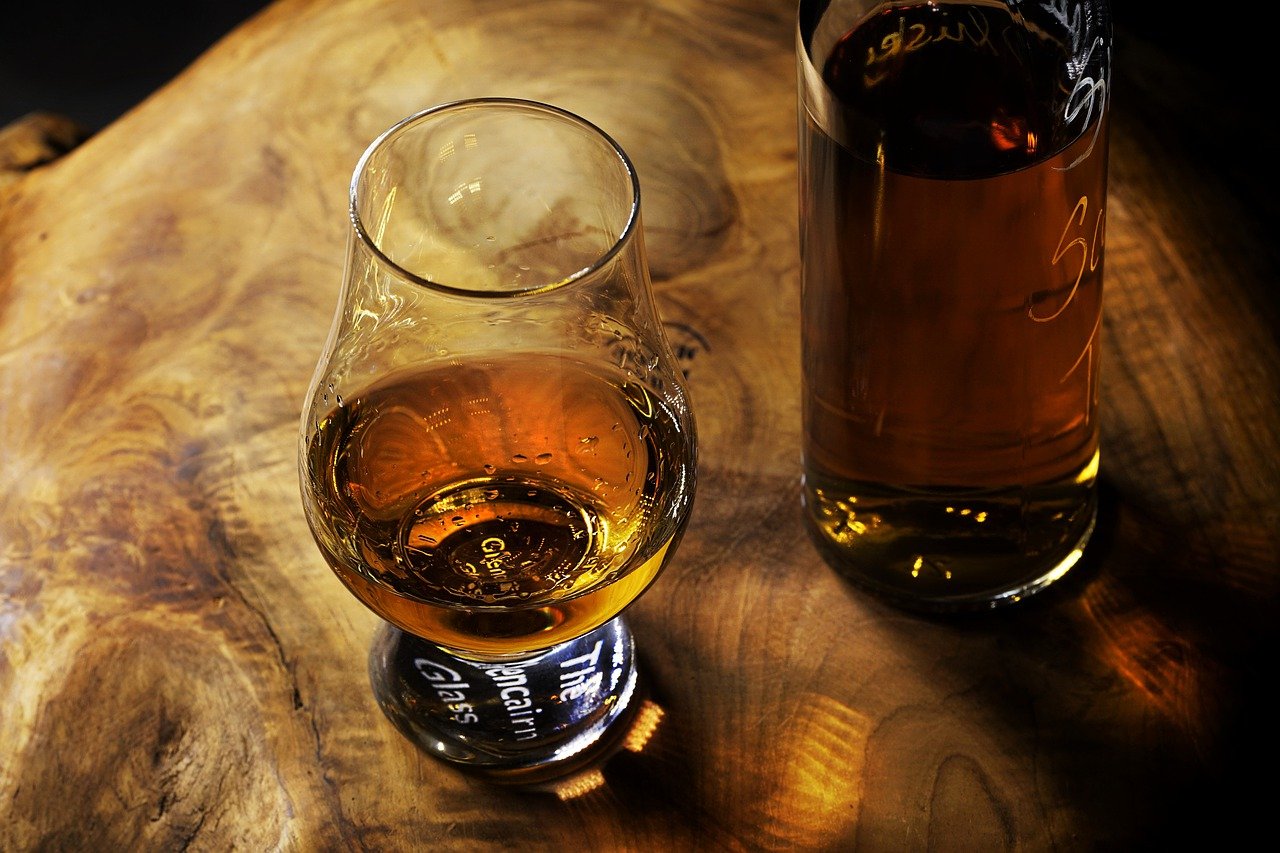When it comes to quality-oriented spirits, Scotland and Ireland are known to be the most prominent producers of the water of life. Although they’re considered neighbors geographically, it is fascinating to see how differently things take place at both ends. From their production and distillation to malting and distribution, there are several differences between Scottish whisky and Irish Whiskey. The most evident difference is of course the spelling convention of Scotland and Ireland.
While Scotch whisky isn’t spelled with an E, an Irish whiskey always includes an E. Moreover, even though price depends on factors like brand, type, and age of a spirit, Scotch whisky is considered to be more expensive than Irish whiskey in general.
Therefore, let us take a look at some of the major differences spotted in Scottish Whisky and Irish Whiskey.
1. Taste
Generally, Scottish whisky is made with malted barley that provides it a fuller taste as compared to other whiskies. On the other hand, Irish whiskeys use a combination of malted and non-malted barley, which offers a vanilla-like and smooth flavor to the spirit. It is widely used in blends as the taste compliments best with other spirits.
Additionally, the material used for processing also plays a major role in the final flavor. Scotland and Ireland both use oak casks to store and process their spirits. These casks greatly impact the flavor of your whisky or whiskey, depending on the type of cask used and the conditions. For instance, a Sherry cask provides a spicier taste while an ex-Bourbon cask provides a sweeter essence.
2. Aging and Distillation
Scottish Whisky is usually distilled twice in a range of copper pots. While Irish Whiskey also uses copper stills, they keep the variety of tools less and consider distilling their spirit thrice. This dissimilarity is the main reason for the significant difference in taste between the two. Both of these spirits are aged for at least three years.
Through aging, the harsh flavor profile of alcohol is mellowed out with time and the casks leave notes of wood, spice, and fruit in the spirit. However, there still may be a scope of variations as different distilleries have their way of operations, regardless of whether it is from Scotland or Ireland.
3. History
As you progressed through this point, you may wonder why there is such a big difference in the spirits of two countries that are so close to each other. There’s a very interesting historical event associated with this fascinating fact. It is said that the first whiskey was produced by monks, which indicates Irish whiskey came first.
However, as the trend evolved through Scotland, the country quickly caught up with the industry through a completely new range of spirits known as Scotch Whisky. Moreover, while Scotland’s introduction to whisky was a bit late, it still managed to take the lead in the market. Moreover, as Ireland used to have a “Malt Tax”, they still use non-malted barley as a result of this historical significance.
Bottom Line
While several other things separate Irish Whiskey from Scotch Whisky, the one thing which is common in both is that they taste awesome. You’ve seen several intriguing facts that highlight how the two nations carry forward the legacy of quality spirits in their unique ways. If you want to know more about Scottish and Irish Whisky and Whiskey, make sure you check out thewhiskypedia.




